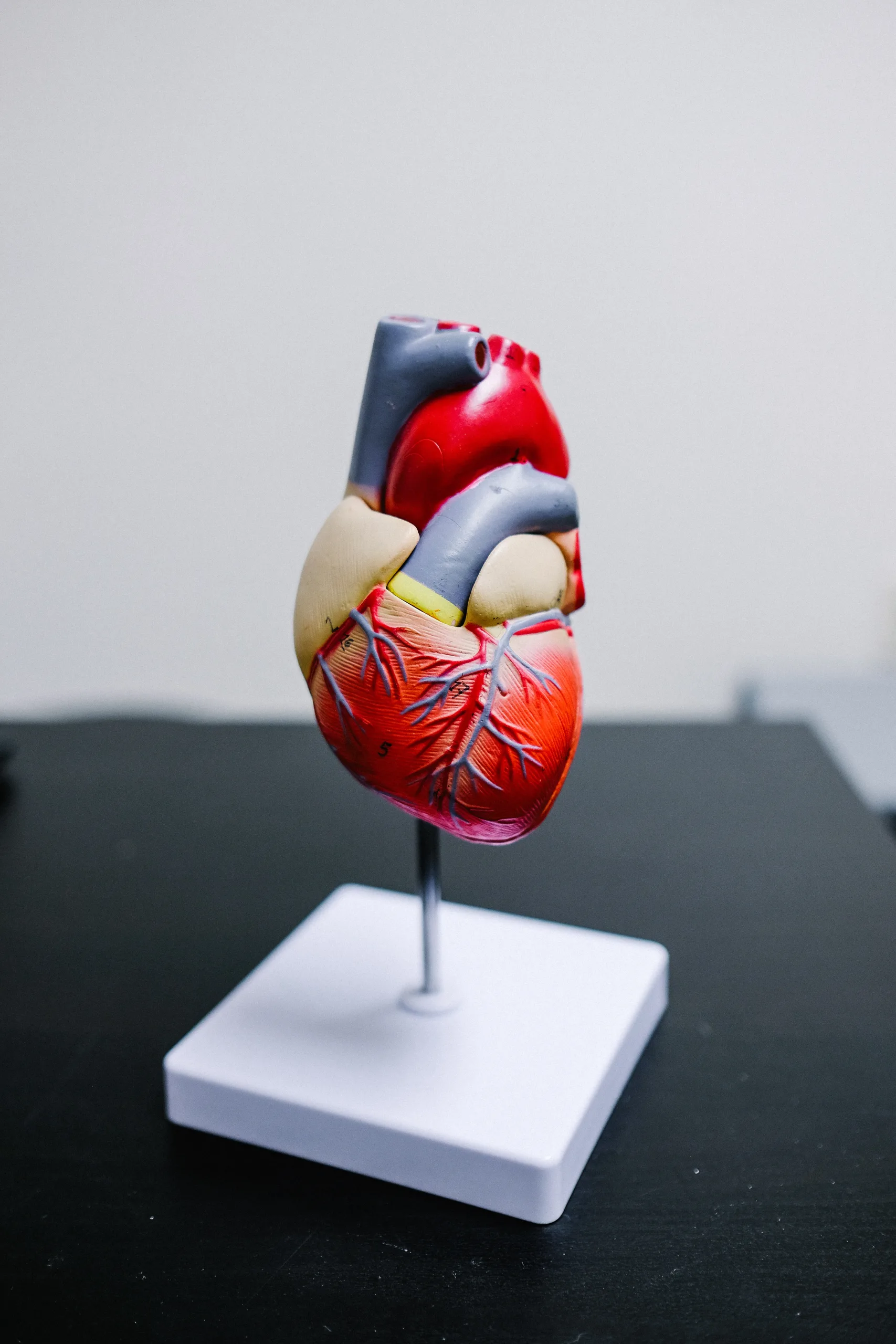Cholesterol and blood pressure are often mentioned in the same breath when discussing heart health. However, many people don’t fully grasp the significance of these two factors and how they impact our overall well-being. This article delves into the basics of cholesterol and blood pressure, highlighting their importance in maintaining a healthy cardiovascular system. By gaining a deeper understanding of these essential health indicators, you’ll be better equipped to take control of your heart health and lead a healthier, happier life.

Cholesterol: The Good, The Bad, and The Ugly
Cholesterol is a waxy, fat-like substance found in all cells of the body. While it often gets a bad rap, cholesterol is actually crucial for the production of hormones, vitamin D, and substances that aid in digestion. However, problems arise when the levels of cholesterol in the bloodstream become imbalanced.
There are two main types of cholesterol: high-density lipoprotein (HDL) and low-density lipoprotein (LDL). HDL, commonly known as “good” cholesterol, helps remove excess cholesterol from the bloodstream and transports it to the liver for disposal. On the other hand, LDL or “bad” cholesterol contributes to plaque buildup in the arteries, increasing the risk of heart disease and stroke.
The ideal cholesterol levels are as follows:
- Total cholesterol: Less than 200 mg/dL
- LDL cholesterol: Less than 100 mg/dL
- HDL cholesterol: 60 mg/dL or higher
Blood Pressure: A Silent But Powerful Indicator
Blood pressure refers to the force exerted by blood against the walls of the arteries as the heart pumps it throughout the body. It is typically measured in millimeters of mercury (mmHg) and is expressed as two numbers, systolic pressure over diastolic pressure. The systolic pressure represents the force when the heart is contracting, while diastolic pressure measures the force when the heart is at rest between beats.
Normal blood pressure is considered to be below 120/80 mmHg. High blood pressure, or hypertension, occurs when these numbers rise above the normal range, putting strain on the arterial walls and increasing the risk of cardiovascular disease.

The Importance of Cholesterol and Blood Pressure in Heart Health
Maintaining optimal cholesterol and blood pressure levels is crucial for overall heart health. When both are within the recommended range, the risk of heart disease, stroke, and other cardiovascular complications is significantly reduced.
- Preventing plaque buildup: Elevated levels of LDL cholesterol contribute to the formation of plaque in the arteries, a condition known as atherosclerosis. This narrows the arterial passages, forcing the heart to work harder to pump blood. By keeping cholesterol levels in check, you can prevent the buildup of plaque and reduce the strain on your heart.
- Reducing the risk of heart attack and stroke: High blood pressure is a significant risk factor for heart attack and stroke. When blood pressure remains elevated for an extended period, it damages the arterial walls, making them more susceptible to the buildup of fatty deposits. Lowering blood pressure helps to protect the arteries and reduce the risk of life-threatening events.
- Promoting healthy blood flow: Optimal blood pressure levels ensure that blood flows smoothly through the circulatory system, delivering vital oxygen and nutrients to organs and tissues. Proper blood flow is essential for maintaining overall health and preventing complications related to poor circulation, such as peripheral artery disease and kidney damage.
- Supporting overall health: By managing cholesterol and blood pressure, you’re not only protecting your heart but also promoting overall health. Lowering cholesterol and blood pressure levels has been linked to a reduced risk of developing other chronic conditions, such as diabetes, obesity, and kidney disease.

Taking Control of Your Heart Health
Understanding the importance of cholesterol and blood pressure in heart health is only the first step. To truly take control of your heart health, you need to adopt a proactive approach that includes regular monitoring, lifestyle modifications, and, if necessary, medical intervention.
- Regular monitoring: Keep track of your cholesterol and blood pressure levels through routine check-ups and screenings. This will enable you and your healthcare provider to identify any potential issues early on, allowing for timely intervention and adjustments to your lifestyle or treatment plan.
- Healthy diet: Adopt a heart-healthy diet that is low in saturated fats, trans fats, and sodium, and rich in fruits, vegetables, whole grains, lean proteins, and healthy fats. This will help regulate cholesterol levels, support healthy blood pressure, and promote overall cardiovascular health.
- Physical activity: Engage in regular physical activity, such as brisk walking, swimming, or cycling, to help lower blood pressure and improve cholesterol levels. Aim for at least 150 minutes of moderate-intensity aerobic activity or 75 minutes of vigorous-intensity aerobic activity per week.
- Maintain a healthy weight: Excess weight can contribute to high cholesterol and blood pressure levels. By achieving and maintaining a healthy weight, you can reduce the strain on your heart, lower blood pressure, and improve cholesterol levels.
- Manage stress: Chronic stress can negatively affect blood pressure and cholesterol levels. Incorporate stress management techniques, such as deep breathing exercises, meditation, yoga, or hobbies that bring you joy, to help maintain emotional balance and support heart health.
- Limit alcohol consumption: Excessive alcohol intake can raise blood pressure and cholesterol levels. If you choose to drink, do so in moderation. For most adults, this means up to one drink per day for women and up to two drinks per day for men.
- Quit smoking: Smoking is a significant risk factor for heart disease, as it contributes to high blood pressure and the buildup of plaque in the arteries. Quitting smoking can dramatically improve your heart health and reduce the risk of cardiovascular complications.
- Medication adherence: If you have been prescribed medications to manage high cholesterol or blood pressure, take them as directed by your healthcare provider. These medications can be essential in preventing heart disease and other related health issues.
Conclusion
Understanding the basics and importance of cholesterol and blood pressure is vital for taking control of your heart health. By regularly monitoring your levels, adopting a heart-healthy lifestyle, and seeking medical intervention when necessary, you can significantly reduce your risk of heart disease, stroke, and other cardiovascular complications. Remember, the power to protect your heart lies in your hands – make the commitment today to prioritize your heart health and enjoy the benefits of a longer, healthier life.
Follow Us on all Socials
https://www.facebook.com/healthylivingtrendsworldwide/
https://www.linkedin.com/company/healthy-trends-worldwide-llc/
https://twitter.com/healthytzww
https://www.crunchbase.com/organization/healthy-trends-worldwide-llc
https://www.manta.com/c/m1rzv9f/healthy-living-trends-llc
https://healthytrendsworldwide.com/

